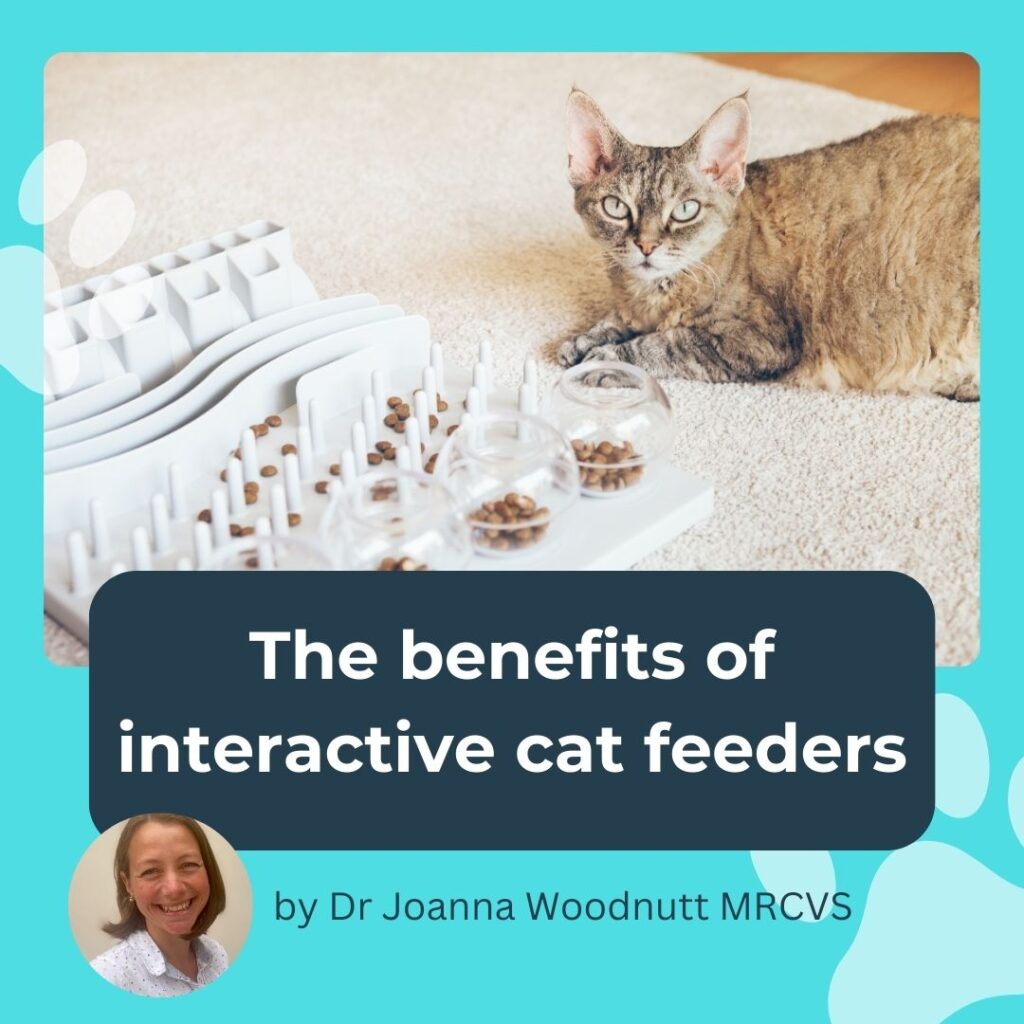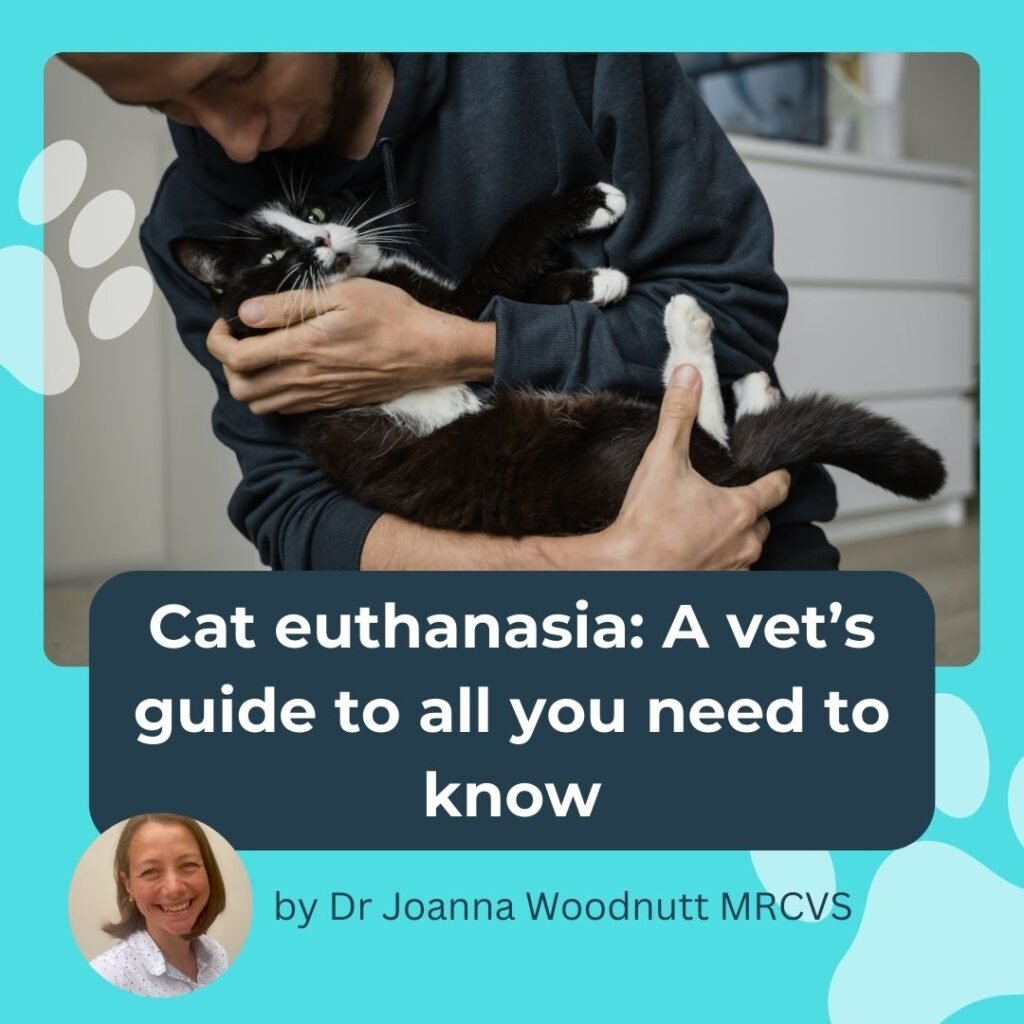When it comes to caring for an elderly cat, there are some important things you, as a pet parent, can do to keep them healthy, happy, and comfortable for as long as possible. In this guide, I’m going to share my top tips for senior cat care, including signs that an old cat is sick, what diseases to look for when your cat gets older, and how to make sure your old cat is as comfortable as possible.
What is considered a ‘senior’ cat?
A cat is typically considered “senior” once they reach around 7 to 10 years of age. However, not all senior cats age at the same pace. Around this time, you may notice subtle signs of ageing, such as a slower gait or more time spent napping.
By the time a cat reaches 12 years of age, they are often referred to as “geriatric”, meaning they are in the final stage of their life. At this point, their body begins to show more noticeable signs of wear, such as stiffness, hearing or vision loss, and a higher risk of chronic diseases like arthritis and kidney issues.
Understanding when your cat transitions into their senior and geriatric years is key to making the necessary adjustments in their care. Regular veterinary visits become even more important during this stage to catch and manage any health issues early on.
7 important signs of illness in your elderly cat
As cats age, their risk for certain illnesses increases. As a pet parent, it’s important you keep a close eye out for signs of illness so you can get them to the vet – it’s all part of caring for an elderly cat. Here are some common symptoms to watch for in senior cats:
1. Weight loss
Unintended weight loss is a common sign in older cats and could indicate conditions like kidney disease, hyperthyroidism, or cancer. Even if your cat is eating well but still losing weight, it’s worth getting them checked by a vet.
2. Appetite changes
A sudden decrease in appetite may signal dental pain, kidney disease, or gastrointestinal issues. On the other hand, an increase in appetite, especially paired with weight loss, could be a sign of hyperthyroidism.
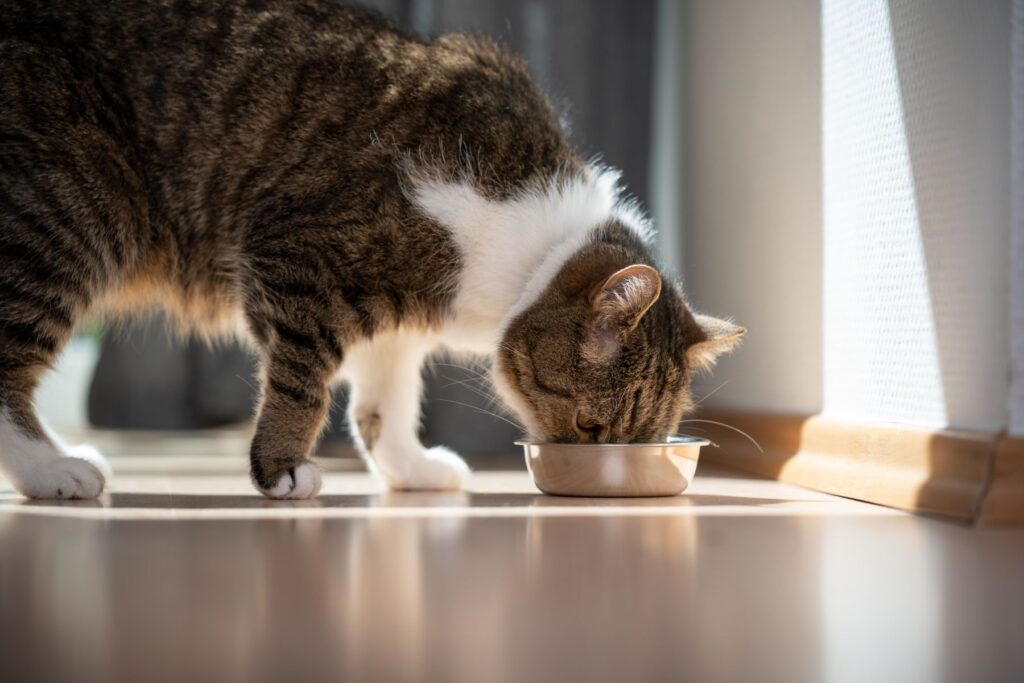
3. Increased thirst
If your cat is drinking more water than usual, it could be a sign of kidney disease or hyperthyroidism. Both conditions are more common in senior cats and should be evaluated by your vet.
4. Sleeping more
Sleeping more can indicate pain from arthritis, or may be a sign of heart disease or kidney disease.
5. Weeing more or missing the box
Urinating outside the litter box can be a sign of arthritis (making it painful to get in and out), kidney disease, or urinary tract infections. Keep an eye out for how often your cat uses the tray, how big their wees are, and for the presence of blood.
6. Grooming less or a poor coat
If your cat stops grooming or their fur looks matted and unkempt, this can be a sign of discomfort or illness. Dental pain, arthritis, hyperthyroidism, kidney disease, and feline dementia can all cause changes in grooming habits.
7. Crying or meowing more
If your cat starts meowing more frequently, especially at night, it could indicate pain, feline dementia, or hyperthyroidism.
Of course, this list isn’t exhaustive. As your cat reaches their senior years, it becomes more important than ever to watch for changes in their habits and behaviour that might indicate they’re not well.
To help you check your cat for common symptoms of health problems, we created a quiz!
Common diseases of old cats
As we’ve alluded to above, elderly cats are prone to lots of conditions and diseases of old age. The most common are:
- Arthritis, which affects about 9 in 10 cats over 12 years old
- Chronic kidney disease, also known as kidney failure, which affects 4 in 10 cats over 10 years old.
- Dental disease, affecting about 1 in 3 cats
- Hyperthyroidism, which affects about 1 in 10 cats
- Heart disease, affecting about 1 in 10 cats
For more information, see our article on diseases you should look out for in your old cat.
Keeping your elderly cat comfortable
Caring for an elderly cat isn’t that different from the care you’ve been giving all their lives – but a few minor changes can make your cat feel a lot more comfortable in their senior years. Here are my top tips for small changes that make a big difference to your senior cat.
1. Buy some quality beds
Common health conditions in older cats like feline dementia, arthritis, and kidney disease can impact on the quality of cat sleep, which can make your cat grumpy and lead to them feeling more painful. An orthopaedic cat bed offers extra support, cushioning their joints and making it easier for them to rest comfortably. Warming beds and radiator beds are also popular. To make it easier to see the pros and cons, I put together my pick of the best cat beds for you.
2. Make their environment accessible
As arthritis sets in, senior cats may struggle to jump or climb like they used to. To make sure they don’t hurt themselves, ensure their favourite spots are easy to reach by adding ramps or steps. Consider placing essential items like food, water, and litter boxes in convenient, accessible locations to reduce the risk of injury. Litter boxes should be large enough to allow easy access and comfortable turning space. Raised water bowls and water fountains are also more comfortable on sore necks and backs.
Thinking of getting a new raised water bowl? We’ve reviewed the best cat water bowls, but for ease, my favourite raised bowl for arthritic cats is here:
3. Groom them regularly
Older cats may not groom themselves as thoroughly, leading to matted fur or skin problems. Help them stay clean and comfortable by brushing them regularly, especially if they have longer fur. This also gives you a chance to check for any lumps, bumps, or signs of discomfort, as well as providing quality time. Caring for an elderly cat doesn’t have to be hard work!
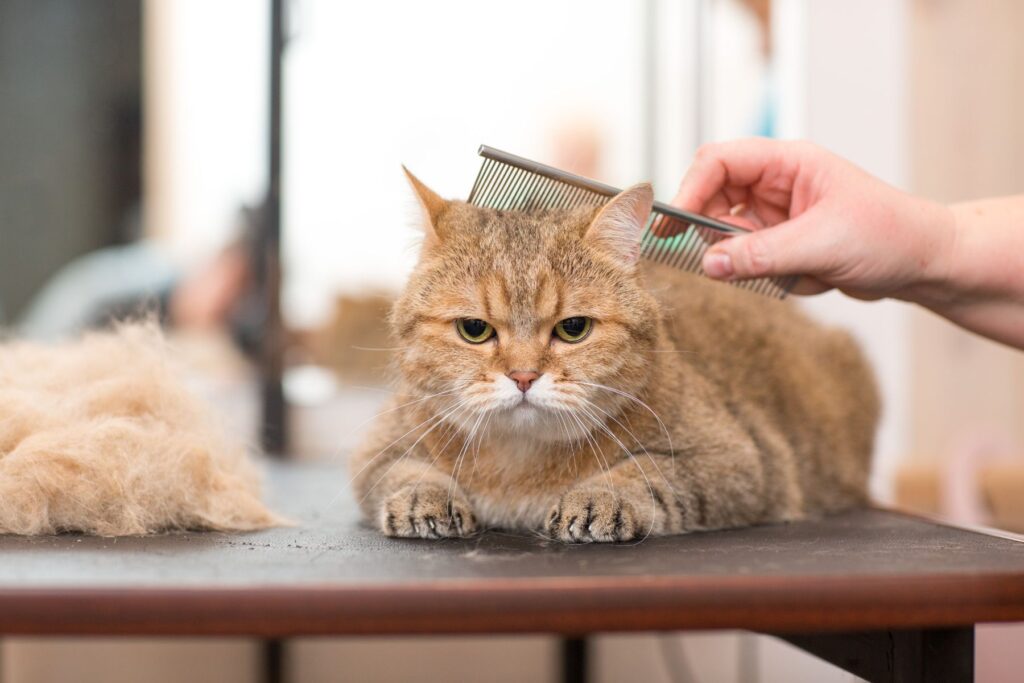
4. Consider a diet change
People often ask if changing to a senior diet for cats is worth it. That’s a good question! The main difference in a senior diet is the protein and phosphorus levels. Senior diets are like a halfway house between a normal adult diet and a kidney diet – they aren’t really restricted, but they’re nudging in the right direction to protect the kidneys. They’re also usually more palatable, and some for geriatric cats might be higher energy, to allow them to maintain their weight while eating less. Don’t forget, even the best senior cat diet doesn’t trump a medical diet – if your pet has been recommended a different diet for their health conditions, stick with that!
5. Keep them warm
All cats like to be warm, but older cats tend to feel the cold more, especially if they have arthritis. Make sure they have warm places to rest, particularly in the colder months. Adding extra blankets or heated pads to their bed can help keep them cosy and relieve stiffness in their joints.
6. Take them to regular check-ups
Routine veterinary visits are crucial for monitoring your cat’s health as they age. Regular check-ups can help catch issues early, such as dental disease or arthritis, and ensure your cat receives the appropriate care and treatment to stay comfortable. I recommend cats get a full exam every 6 months, or sooner if you suspect a problem developing. Your vet might have nurse-led senior health clinics you can take advantage of to keep costs down, and may also offer senior screening tests (like blood tests and urine tests) to help spot developing problems early. Ask your vet what they can offer!
End-of-life considerations
As your cat gets older, it’s common to think a lot about saying goodbye to them. This can be a really hard time, and many pet parents feel anticipatory grief or worry that they won’t be able to cope without their faithful feline.
Deciding when to let your cat go is never easy, but there are signs that may indicate it’s time. If your cat is experiencing pain that cannot be managed with medication, has stopped eating, or no longer enjoys any of their usual activities, it might be time to discuss euthanasia with your vet. Cats living with chronic illnesses like kidney disease or arthritis may also reach a point where their quality of life is diminished, even with treatment.
We’ve got a whole article about cat euthanasia to answer all your questions.
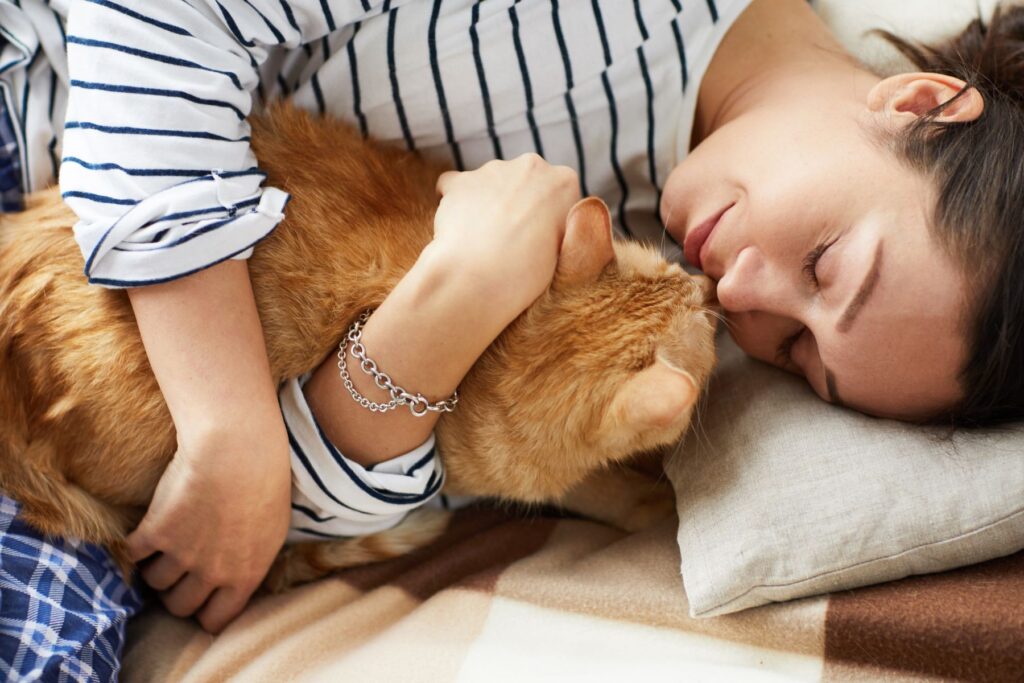
Conclusion
Caring for an elderly cat isn’t all that different from what you’ve been doing for your cat every day of their lives, but a few changes can make a world of difference to their comfort. Hopefully, some of my top tips and some of the linked articles above can help you and your cat have happy senior years together!
- Why Do Dogs Sleep So Much? A Vet Explains What’s Normal (and What’s Not) - March 27, 2025
- 10 Signs Your Dog Needs Probiotics – Vet Explains When to Supplement - March 14, 2025
- The dog gut microbiome explained (by a vet) - March 10, 2025

), //petlearnia.com/wp-content/uploads/2023/10/OldCat.jpg))

), https://petlearnia.com/wp-content/uploads/2023/10/OldCat.jpg))





